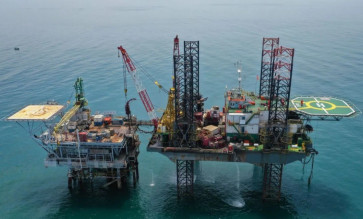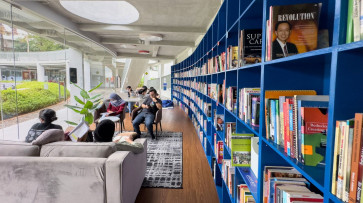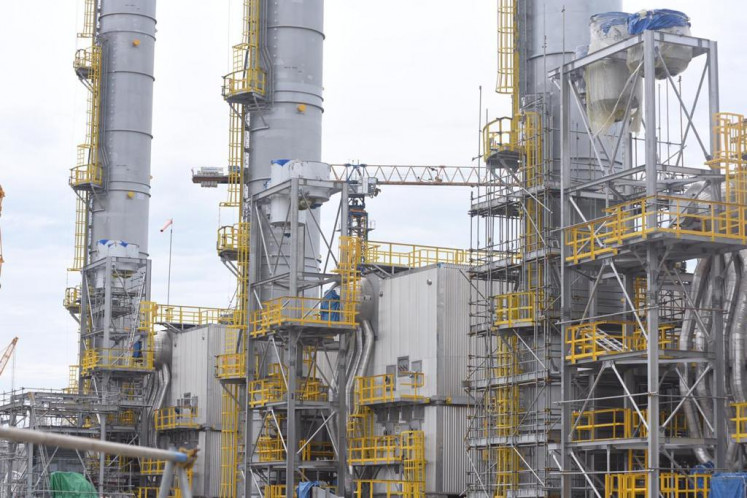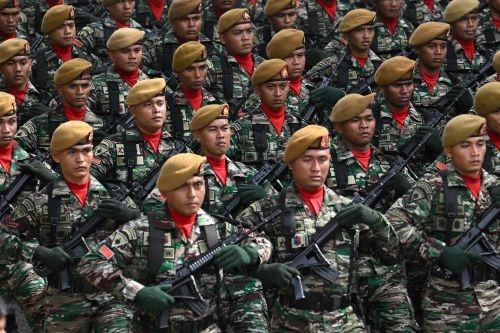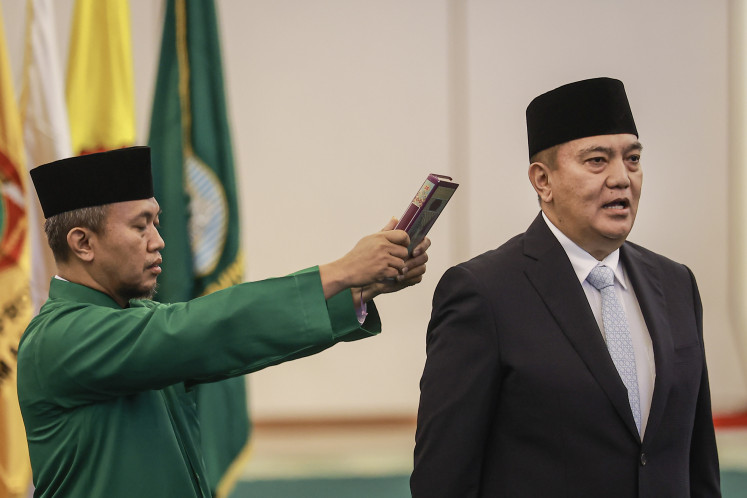IMF, WTO criticisms, nickel-plated colonialism
Sadly, many people in the former colonized countries are also proud when they can wear branded names.
Change text size
Gift Premium Articles
to Anyone
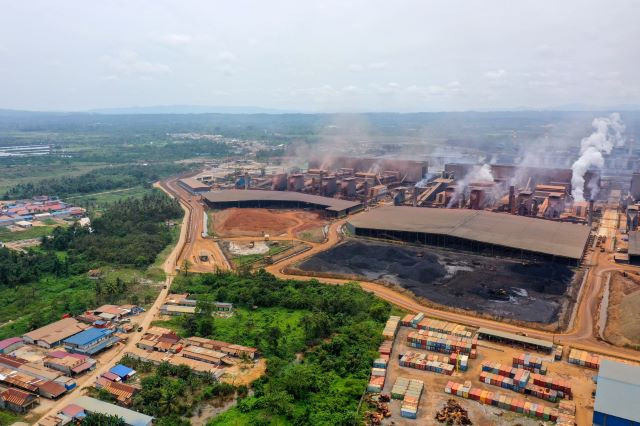
T
he International Monetary Fund and World Trade Organization recently criticized President Joko “Jokowi” Widodo’s export policy, which bans the export of unprocessed nickel.
Indonesia has the largest nickel reserves, about 52 percent of the world's total. However, since Jokowi implemented the downstreaming policy, exports of raw nickel have been prohibited. Downstreaming is Jokowi's strategy to increase the added value of Indonesian commodities.
Downstreaming means that the exported materials are no longer raw but have become semi-finished goods. In other words, Indonesia no longer ships natural wealth per se but processes these raw materials domestically. In this way, new jobs can also be created in the country.
However, the European Union has protested Jokowi's policy, because it believes the ban will harm the EU’s world-class stainless-steel industry. Indonesia however remains adamant.
So, in 2019, the EU asked the WTO to mediate on this issue. The panel confirmed the EU's claims that Indonesia's actions were inconsistent with WTO rules on free trade. However, Richard Peet, the author of Unholy Trinity: The IMF, World Bank and WTO, has stated how the WTO in theory fights monopoly but in practice opens up the markets of countries in the Global South for the benefit of countries in the North.
Peet's argument is evidenced by the WTO's intervention in Indonesia’s ban on nickel exports. Indeed, since the time of colonialism, raw materials have been sought after by imperialist countries. These raw materials were then processed by countries in the North, and these processed goods were sold in the colonies, usually at inflated rates. In this way, the colonized countries would become dependent on their colonizers.
After these countries became independent, economic oppression continued. By exploiting natural resources from former colonial countries, a similar system is thus maintained: the former colonies are made dependent on processed materials from Western countries. In other words, "economic colonization" is still ongoing in several sectors. And this economic colonialism can be called neo-colonialism.
Sadly, many people in the former colonized countries are also proud when they can wear branded names like Nike, Reebok and Adidas; although the raw materials and manufacturing facilities of these products are probably from their own hometowns. Often, they are willing to pay a lot to buy the names.
When leaders such as President Jokowi try to end such dependence on foreign goods several Northern countries sulk and whine to the WTO.
The IMF has also criticized Indonesia. But how was this IMF decision taken? Through voting of the executive board. However, the size of these votes on the IMF's executive board depends on the size of the shares of its members, which means that rich countries that pay a lot have much greater voting power.
So it is not surprising that countries such as the United Kingdom, the US, Germany and France have dominant voices within the IMF. Meanwhile, countries like Indonesia can still be pressured by international institutions that favor the economic interests of Western countries.
The Indonesian government noted that since the ban on raw material exports took effect in 2020, investment in the basic metal industry sector has increased. Unfortunately, within the country itself, there are also problems in its management.
Smelters built in Indonesia often ignore environmental issues and even sometimes engage in intimidation of indigenous communities. The biggest profits from nickel processing are not enjoyed by the wider community but rather fall into the hands of a handful of conglomerates.
However, siding with the policies of the WTO and IMF will not eliminate the oppression by Indonesian conglomerates and corrupt high officials of their own people. Oppression cannot be overcome by another oppression.
In this case, the Indonesian government must also be aware that oppression within the country will risk being used by neo-colonial bodies such as the WTO and IMF to continue their stance. Domestic injustice will continue to be talked about and used by parties who have pro-Western interests, to undermine Indonesia, and to look for loopholes in order to take advantage of the country.
***
The writer is senior lecturer in the Department of Languages, Cultures and Linguistics, SOAS University of London. The views in this article are her own.


